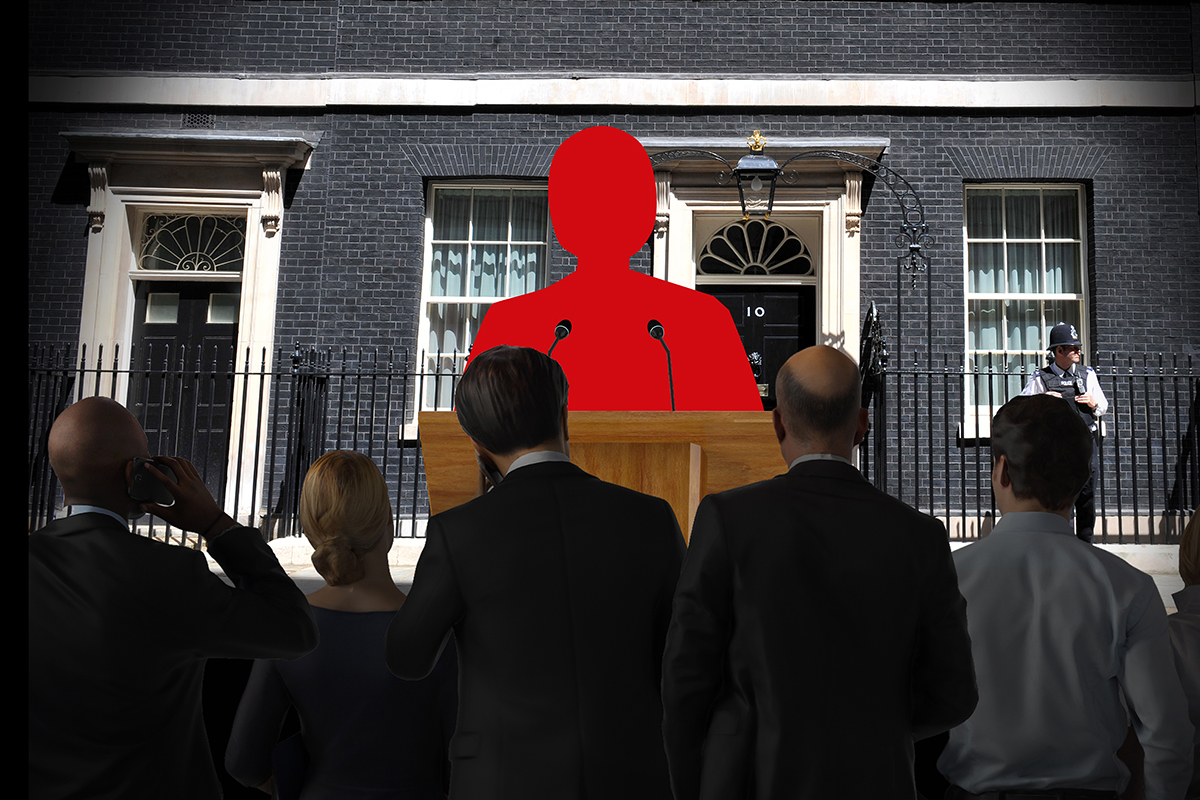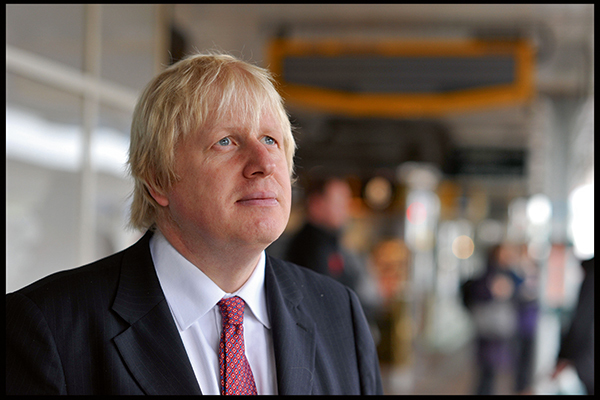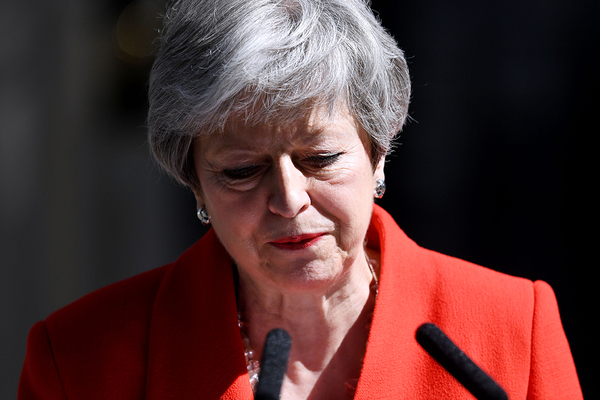You are viewing 1 of your 1 free articles
What does the sector want from the next prime minister?
As Theresa May prepares to leave Number 10, Tim Clark finds out what the social housing sector wants from the her successor. Picture by Alamy/Getty
Theresa May only announced her departure a fortnight ago, but the jostling to replace her as prime minister is well under way. Brexit is likely to dominate the agenda, however many sector chiefs and MPs believe there are a range of housing issues on which the next prime minister should focus.
One of Ms May’s biggest influences on the sector during her tenure has been to loosen monetary restraints on councils and allow authorities to build more homes, by lifting the Housing Revenue Account (HRA) borrowing cap. The shift in policy was a notable change from her predecessor, David Cameron, and came alongside policies such as more long-term funding for affordable housing and the scrapping of Section 21 to end ‘no fault’ evictions.
Conservative peer Lord Gary Porter, who chairs the Local Government Association, says that the removal of the cap was a good start and can be built upon by Ms May’s successor: “We need to get councils back into building at scale. The cap coming off the HRA has been great for that. I just think the rest of the HRA reforms are going to be the bit that’s necessary to give people the confidence that it’s worth investing in stock.”
Kevin Hollinrake, Conservative MP for Thirsk and Malton, agrees that any new PM should continue this trend. “We’ve got to make sure that big developers abide by Section 106 agreements more consistently, to make sure there’s no avoidance of provision of affordable homes. But also, those affordable homes have got to include a greater proportion of truly affordable homes – homes at a social level of market value – to rent and to buy: social homes to purchase and social homes to rent,” he says.
As for housing association leaders, many believe that the government needs to go further than present to achieve its housebuilding ambitions.
David Montague, chief executive of L&Q, says that progress made under Ms May needs to continue: “With a more proactive and interventionist Homes England, the emergence of new housing association strategic partnerships, more money for social housing, Oliver Letwin’s support for greater tenure variety and a determination to tackle social housing stigma, we are making progress.
“We call on Theresa May’s successor to build on this momentum.”
Ian Munro, former chief executive of New Charter Homes, says not enough has been done to tackle house builders’ alleged landbanking. “We hear the usual hot air, in terms of ‘we put so many billions into housing’, but it’s the same money recycled, repackaged again and again. There never seems to be the level of resources made available that’s really needed.
“Rather than asking for more money, it’s about managing the market better and what we can do to get more homes built – something that really helps to attack the landbanking and profiteering of house builders who won’t build more than the market will bear.
“If they don’t build, then I think planning permission should be revoked and someone who will build will take over.”
The aspiration for the government to place redevelopment at the heart of financial assistance has, according to PlaceShapers chair Sinéad Butters, led to a narrow view that a housing association needs to have a housebuilding programme in place, to attract funding.
She says: “We have areas we are trying to regenerate and other communities that don’t attract funding as there’s no regeneration plan in place. It’s those lost towns, towns where people are struggling – generally in the North West and the North – that are being left behind.”
“Rather than asking for more money, it’s about managing the market better and what we can do to get more homes built”
Mark Henderson, chief executive of Home Group, said: “The government’s sole focus on affordability in determining planning numbers and investment priorities simply feeds the market in overheating areas, rather than enabling underperforming areas to play a role in economic growth.”
Kate Henderson, chief executive of the National Housing Federation, says: “The pressure on the housing system has reached breaking point, with unprecedented numbers becoming homeless, or living in unsuitable and poor-quality accommodation. Our research shows we need to build 90,000 social homes every year to house all those in need.
“The next prime minister must make delivery of new social homes a domestic priority and deliver on promises made following the tragic fire at Grenfell Tower.”
What may be worrying for many associations is that while the focus on development and building new homes is on MPs’ minds, welfare reforms could slip down the agenda.
Many associations are also faced with pressure to help tenants who are struggling to survive, pay rent or warm their home.
Ms Butters says: “I have twice as many staff on the frontline delivering support services than I do delivering housing services. It’s been a supportive environment for association under May, but I am concerned the philosophies that are coming [down the line] may not be as supportive.”
Brendan Sarsfield, chief executive at Peabody, says that Ms May’s record in this area is, on reflection, poor. “We [Peabody] are much more worried about poverty. I think the legacy [from Ms May] on poverty is not good. In-work poverty is becoming a bigger issue for us.
“I think the biggest debate for us in the future is how to create a fairer society. We seem to be losing ground here rather than making it, unfortunately.
“Brexit is going to affect the poor much more than it will affect richer people – always has done and always will do. How do we protect them with the changes to the economy that lie ahead?”













